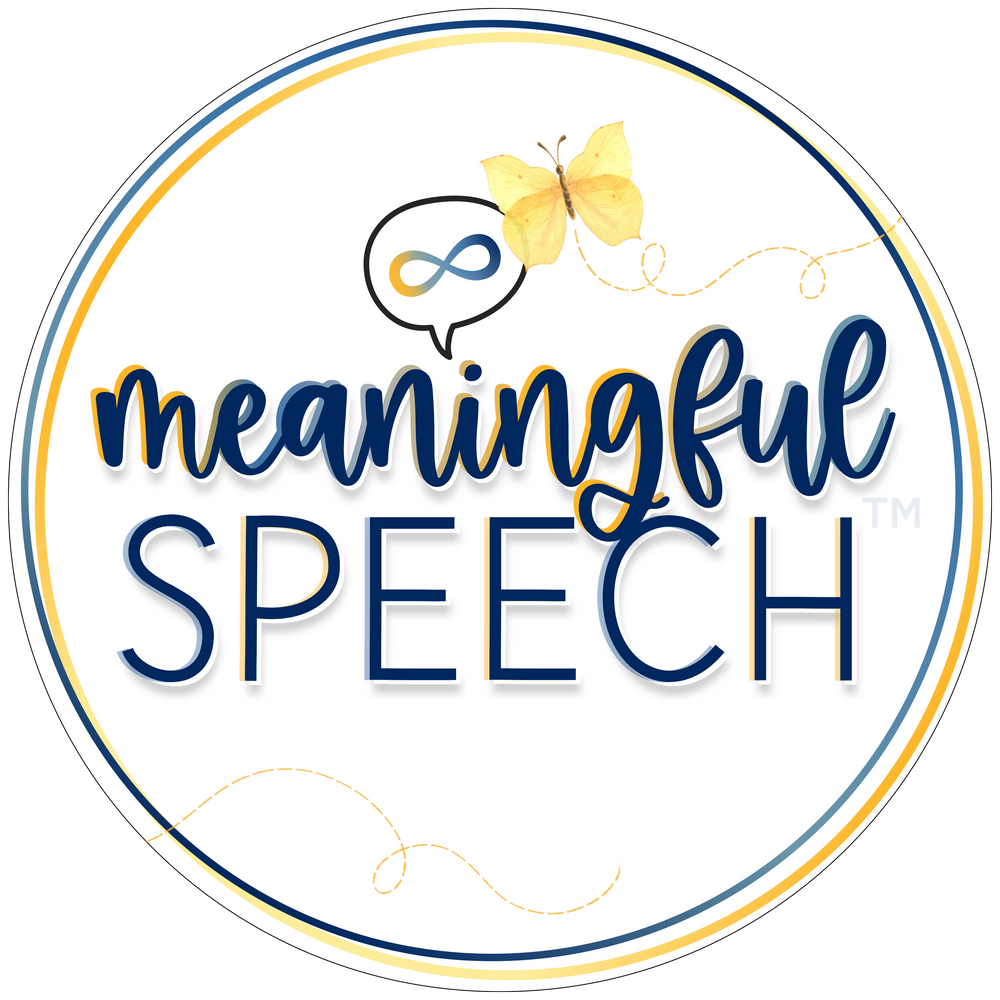Should I tell my child about their Autism diagnosis?
Sep 04, 2024
We are often asked by parents and other professionals if and when they should tell a child about their Autism diagnosis and our answer is always that we believe that you should tell them. We teamed up with Autistic speech-language Pathologist, Andi Putt (@mrsspeechiep) to break the conversation down into five easy steps with examples.
Be sure you are emotionally ready and in a place to have a positive conversation.
The way that you think and talk about Autism will directly impact how the child you’re having the discussion with will think about themselves. You might need more time to research, listen and learn from Autistic voices, understand and process your feelings and biases towards Autism before having the conversation.
Focus on the facts.
Don’t overwhelm them initially with information, just stick to the facts and explain Autism in an easy to understand way. For example you might say “Autism is a difference in the brain. It means that you might think and feel things a bit differently.”
Give specific examples of how Autism relates to them.
This will help them identify things about themselves that are because of their Autistic brain. For example: “You know how you like to line up your cars in long awesome rows?” or “You know how sometimes sounds are just so loud it hurts your ears but it doesn’t seem to bother other people?” or “You taught yourself to read without even being taught!”. Relate these back to Autism by letting them know that it is because of their Autistic brain. Understanding themselves at an earlier age will help them develop a more positive sense of self, feel empowered, advocate for themselves, and potentially gain access to supports they need earlier.
Use positive language.
We want to use affirming language when discussing a child’s diagnosis with them. Let them know that Autism is part of who they are. Explain to them that knowing they are Autistic is a good thing.
Validate their feelings and allow for questions.
The child will likely have some feelings and/or questions about their Autism. They may have some right away or they may need some time to process the conversation. Either way, we want to be ready to acknowledge and encourage these questions. If you don’t know the answer, that’s okay! Let them know that you are always learning too. For example, you might ask “that was a lot of information, do you have any questions?” If they do, acknowledge those. If they don’t, let them know you’ll touch base with them in a few days (or whatever length of time feels appropriate) to see if they do then.
Looking for more support and resources to have an effective conversation?
Andi just released a new guide titled Understanding Autism Together. The guide features illustrated stories and comics for kids ages 3-17 of diverse Autistic characters that children can relate. The characters in the stories and comics share about their own Autistic experiences. It is neurodiversity-affirming and shares information about Autism and neurodiversity in a positive manner. It supports caregivers as they navigate their own emotions and biases. There is a caregiver version and a professional version.
We have a 10% off code for our community for those that are interested in checking it out. You can use the code “MEANINGFULSPEECH” at checkout HERE.
Want to learn more in-depth information about how to support gestalt language processors?
- There are many free podcasts, webinars and articles to get you started. A comprehensive list of resources can also be found on our website. We just released a new FREE masterclass on echolalia and child-led therapy that is perfect for anyone starting their learning journey or on the fence about purchasing our courses!
- Consider taking the Meaningful Speech course to learn more about how your child or client processes language, how you can help support them from echolalia to self-generated (original flexible) language, child-led therapy, and neurodiversity-affirming practices. Looking for something shorter? We have a 1-hour introductory course perfect for extended family, daycare or school staff.
- Consider taking our AAC + Gestalt Language Processing course. It will teach you how to identify, evaluate and support gestalt language processors who use AAC or who you think might benefit from AAC.
- Look for a speech-language pathologist (SLP) who "gets it" and can help you in supporting your child's language development. Check out our registry for SLPs who understand gestalt language processing and child-led therapy.
- Are you a school-based or private practice clinician looking for intake forms for new clients/students or creative visual reminder posters for your space? Check out the Meaningful Speech Marketplace.
- Want to learn more about starting a niche private practice? Watch our 1-hour webinar on starting a niche private practice hosted by Alex Zachos and Jess Teixeira from the Meaningful Speech team HERE.
